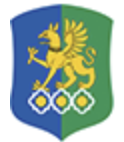Introduction to Ural State University of Economics
Ural State University of Economics is one of the leading economic universities in Russia and the only state university of economics in the Ural and surrounding areas. It is a modern higher education center that is constantly developing in the field of economics.
Overview
Student size: Since its establishment, the school has trained more than 130,000 professionals. Currently, there are about 15,000 students, including 523 international students.
Faculty: There are more than 600 teachers, including 55 Doctors of Science in the field of economics and finance, more than 100 Candidates of Science, 1 member of the Russian Academy of Sciences, 5 Honorary Scientists of the Russian Federation, and 10 elected as full members of several public colleges.
History and establishment time
Founded in 1967, its predecessor was the Ural National Economic Academy. It was officially renamed Ural State University of Economics in 1993.
School strength
Teaching achievements: more than 150,000 graduates More than 1,000 people have joined the university, many of whom have become successful businessmen and government officials. They are highly rated by employers in the Ural Federal District.
Scientific research strength: The school has strong scientific research strength and is a research center in many scientific fields. It has achieved remarkable research results in economics, management and other disciplines. In 2017, it was the first university in the Sverdlovsk region to support the National Vocational Skills Championship for People with Disabilities "Abilympics". Its journal was rated as one of the most cited scientific publications in Russia.
International cooperation: In 2015, it joined the "Belt and Road" University Strategic Alliance and cooperated with 125 It has carried out inter-school cooperation with universities in the CIS, Asia, the Middle East and Europe. It is the center of the Eurasian youth movement and has expanded international cooperation through the Eurasian Youth Economic Forum.
Nature of the institution
Public.
Educational philosophy
Focus on cultivating students' practical ability and innovative consciousness, combining theoretical knowledge with practical operations, providing students with a variety of internship opportunities, enabling students to apply what they have learned in a real working environment, and at the same time committed to cultivating economics experts with an international perspective and creating a cross-cultural space for science, knowledge, education and creativity.
Key laboratories and disciplines
Key disciplines: economics, finance, management, law , accounting, trade and other disciplines are strong, and it has world-leading strength in the fields of economy and finance.
Key Laboratory: No clear key laboratory was found, but the school has established many practical courses and laboratories to cultivate students' practical ability.
Department
It has the Department of World Economy and Finance, the Department of Service and Information Technology, the Department of Rights and Management, the Department of Commerce and Trade Technology, the Department of Correspondence Education, the Graduate School, the School of Distance Education, the School of Business Administration, the School of Talent Skills Improvement, etc. It also includes the Institute of Economics, the Institute of Finance and Law, the Institute of Trade, Food Technology and Services, and the Institute of Management and Information Technology, etc.
Ranking
In Ranked 301-350 in the QS Emerging Europe and Central Asia Rankings, and ranked first in the Student Scientific Activities Organization of the Young Association of Economists and Financiers.
Expenses
Tuition fees: Bachelor's degree program 12,500-15,000 RMB/year, Master's degree program 13,000-16,000 RMB/year, Doctoral degree program 15,000-16,000 RMB/year, Preparatory program 11,000-12,000 RMB/year.
Living expenses: 1,500-2,000 RMB/month.
Accommodation fees: 900 rubles/month per person in school dormitories in summer and 1,100 rubles/month per person in winter; 8,800 rubles/month per person in business dormitories ruble, slightly higher in winter.
Campus
Located in the center of Yekaterinburg, the campus is conveniently located around the campus. The city is the third largest economy in Russia and the central city of the Ural Federal District. It is also an important industrial, transportation, trade, scientific and cultural center with rich and diverse cultural life.
-

Peter the Great St.Petersburg Polytechnic University
-
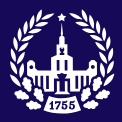
Moscow State University M. V. Lomonosov
-
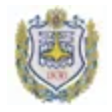
Bauman Moscow State Technical University
-
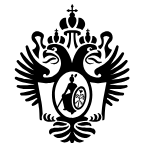
St. Petersburg State University
-
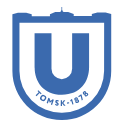
Tomsk State University
-
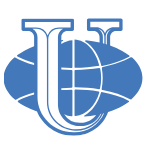
Peoples' Friendship University of Russia
-
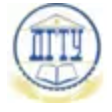
Don State Technical University
-
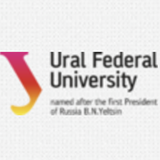
Ural Federal University
-

Moscow Institute of Physics and Technology
-
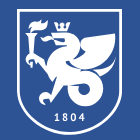
Kazan Federal University
-

Mesoamerican University
-

Istmo University
-

Mariano Galvez University of Guatemala
-

Regional University of Guatemala
-

Galileo University
-

Francisco Marroquín University
-

Rafael Landívar University
-

University of the Valley of Guatemala
-

University of San Carlos of Guatemala
-

Technological Institute of Tlaxcala Plateau
-

Golfo University
-

Technological University of South Sonora
-

Technological University of Huejotzingo
-

Tizimín Institute of Technology
-

Chilpancingo Institute of Technology

